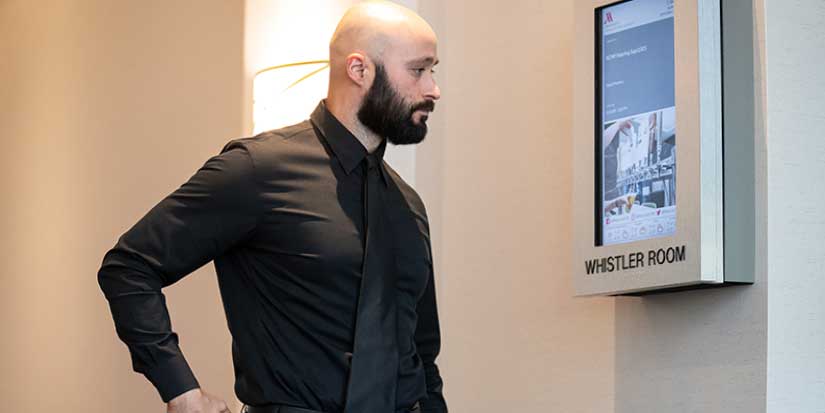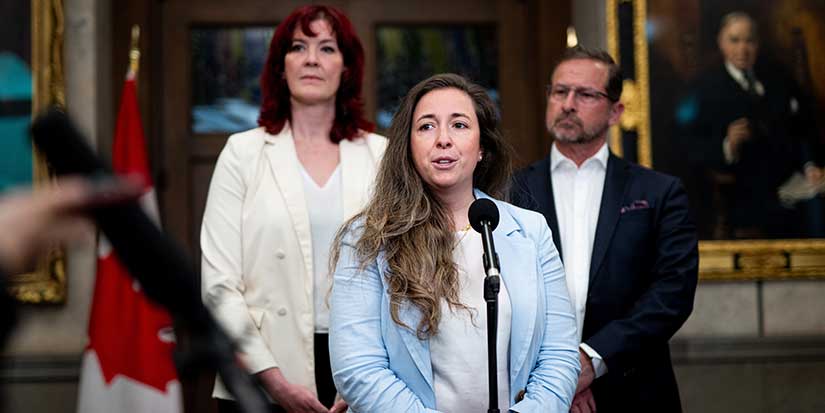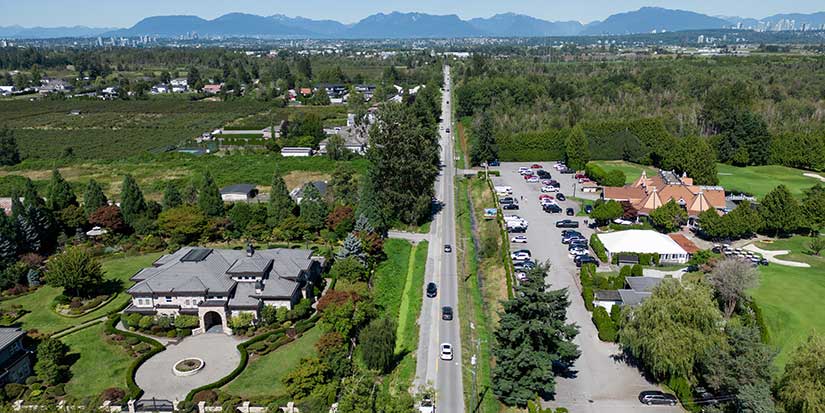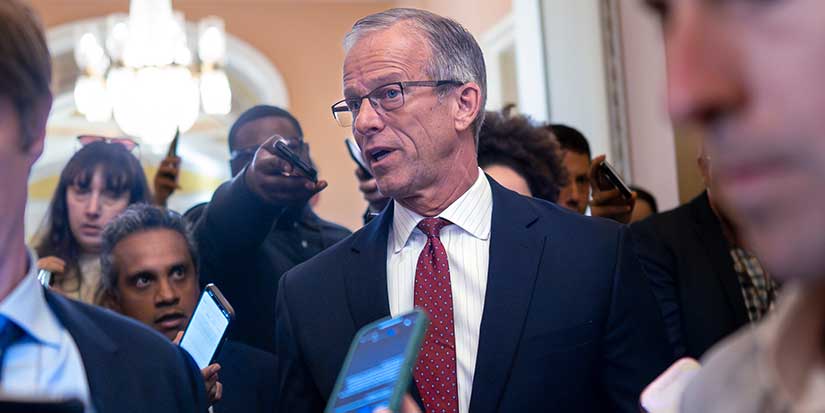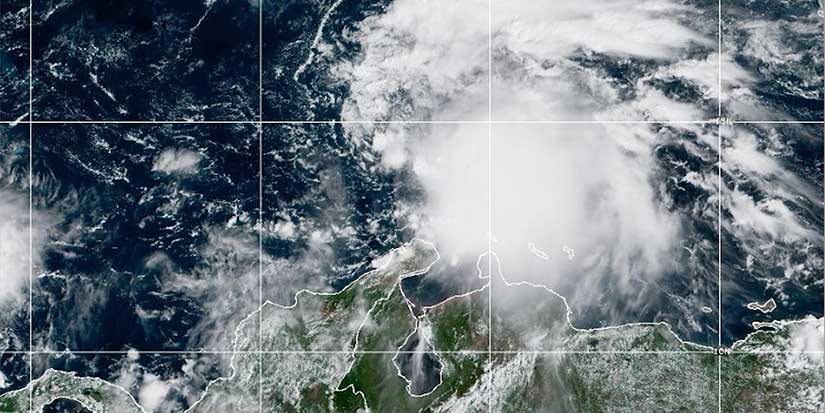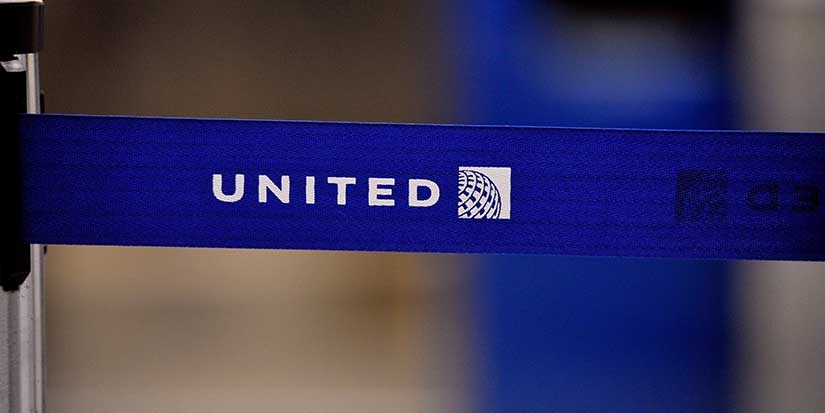Latest News
B.C. COVID restrictions likely to ease soon, but need to be prepared for fall

By Hannah Scott, Local Journalism Initiative reporter
Published 3:42 PST, Tue March 1, 2022
—
COVID-19 restrictions are likely to ease further in B.C. in the coming weeks and months, provincial health officer Dr. Bonnie Henry said today.
Henry said the province has committed to reviewing remaining measures prior to spring break, which begins March 14. She expects B.C. “hopefully will be in a good place for the next few months.”
“But we need to be prepared for immunity to wane again and for us to have new approaches and adapt depending on what we see come the fall,” said Henry. “We do not yet know enough about this virus from an epidemiologic point of view for us to consider it endemic. That presupposes that we know the patterns that we’re going to see through respiratory season. We have a pretty good idea now, but there is still a lot of this virus circulating around the globe, so there are inevitably going to be changes and surprises that we will need to adapt to.”
Henry said the province will be moving to a weekly surveillance report rather than providing data daily. COVID monitoring will be integrated into other serious respiratory surveillance that has always been done, along with testing wastewater and routinely collected blood and continuing with whole genome sequencing.
The BA.2 variant has been increasing slowly in B.C. The Delta-Omicron variants found in some countries have not yet been seen in the province.
Health officials also reported 466 new cases of COVID-19 today. Since the pandemic began, B.C. has recorded 348,771 cases.
Of the new cases, 31 are in the Vancouver Coastal Health region (including Richmond), 101 in the Fraser Health region, 95 in the Island Health region, 193 in the Interior Health region, 45 in the Northern Health region, and one new cases of a person who resides outside of Canada.
There are 523 individuals hospitalized with COVID-19 and 83 are in intensive care.
To date, 11,344,610 doses of Pfizer-BioNTech, Moderna, AstraZeneca and Pfizer Pediatric COVID-19 vaccines have been administered in B.C.; 4,300,859 of those are second doses and 2,584,127 are third doses.
This means that 93.6 per cent of adults, 93.3 per cent of people aged 12 and older, and 90.6 per cent of people aged five and older have received their first dose of a vaccine. In addition, 91.2 per cent of adults, 90.7 per cent of those aged 12 and older, and 86.3 per cent of those aged five and older have received two doses; 57.7 per cent of adults and 55.7 per cent of those aged 12-plus have received three doses.
There were no new COVID-related deaths reported today.
Active outbreaks continue at 25 long-term care facilities, one assisted or independent living facility, and two acute care facilities.
From Feb. 21 to 27, people not fully vaccinated accounted for 19.4 per cent of cases. From Feb. 14 to 27, they accounted for 34.7 per cent of hospitalizations.
Past week cases (Feb. 21 to 27)—Total 3,022
• Not vaccinated: 480 (15.9 per cent)
• Partially vaccinated: 105 (3.5 per cent)
• Fully vaccinated: 2,437 (80.6 per cent)
Past two weeks cases hospitalized (Feb. 14 to 27)—Total 438
• Not vaccinated: 132 (30.1 per cent)
• Partially vaccinated: 20 (4.6 per cent)
• Fully vaccinated: 286 (65.3 per cent)
Past week, cases per 100,000 population after adjusting for age (Feb. 21 to 27)
• Not vaccinated: 115.0
• Partially vaccinated: 54.8
• Fully vaccinated: 53.3
Past two weeks, cases hospitalized per 100,000 population after adjusting for age (Feb. 14 to 27)
• Not vaccinated: 37.3
• Partially vaccinated: 18.3
• Fully vaccinated: 6.1
For the latest medical updates, including case counts, prevention, risks and to find a testing centre near you: http://www.bccdc.ca/ or follow @CDCofBC on Twitter.
















